Donald Trump has punished European pharmaceutical companies by imposing 100 percent tariffs on their branded products unless they are prepared to set up a manufacturing plants in the US. That is one way of putting it, but why is the issue of tariffs so often seen from the point of view of the producers and so rarely seen from the position of the consumers? Besides punishing drugs companies, the President has also whacked the American public – or at least that section of the population which relies on patented medicines made outside the US. The cost of treatment for many of these patients will soar as a result. Does Trump think that people will somehow fail to realize this?
If he had imposed punitive tariffs on imports of generic medicines – those whose patents have expired and can be manufactured by any company, anywhere in the world – while leaving branded medicines alone, it would have made some kind of sense. It wouldn’t have left consumers untouched, because they would no longer be able to source medicines so cheaply from India, where many generic drugs are made, but US producers would be able to step up production of generic medicines and hope to compete with overseas competition. It wouldn’t cause mass upheaval for consumers. But instead Trump has done the opposite: he has left generic medicines untouched, while whacking tariffs on patented medicines. Patented medicines can only be manufactured by the company which holds the patent, or by anyone who is licensed by that company.
Will drugs companies which currently make patented drugs overseas shift production to the US, as Trump intends? Maybe some will, but it is almost certain that some will not, forcing Americans who are seriously unwell to pay a punitive tax to the US government for the right to continue to use life-saving drugs. Some drugs companies will make the calculation that Americans are a captive market for their products and that consumers will simply have to pay whatever it costs to obtain them – so why go to the expense of building a manufacturing plant in the US to sidestep the 100 percent tariffs? In any case, Trump has shown himself to be so inconsistent on tariffs – and other policies for that matter – that deciding to invest in the US in response to this week’s announcement would present a serious commercial risk: Trump might well have changed his mind by the time you get your plant open, making your investment pointless.
The same is true of all the tariffs which Trump has announced since “Liberation Day” in April. They are good news for some producers, who are now better able to fend off foreign competition. But that only comes at the price of punishing consumers, who face less choice and more expensive goods as a result. And it is not just end-of-the-line consumers who suffer, either – many manufacturers rely on imported components, tariffs on which drive up their costs.
We might appreciate the double-sided effects of tariffs a bit more if we started calling them by what they really are: import taxes. That would refocus minds on their effect on the consumer, and make it harder for Trump, or any other protectionist, to present them as a win-win solution to a country’s economic malaise.











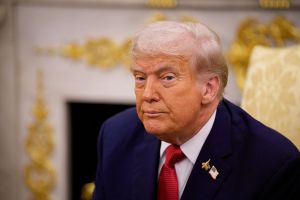

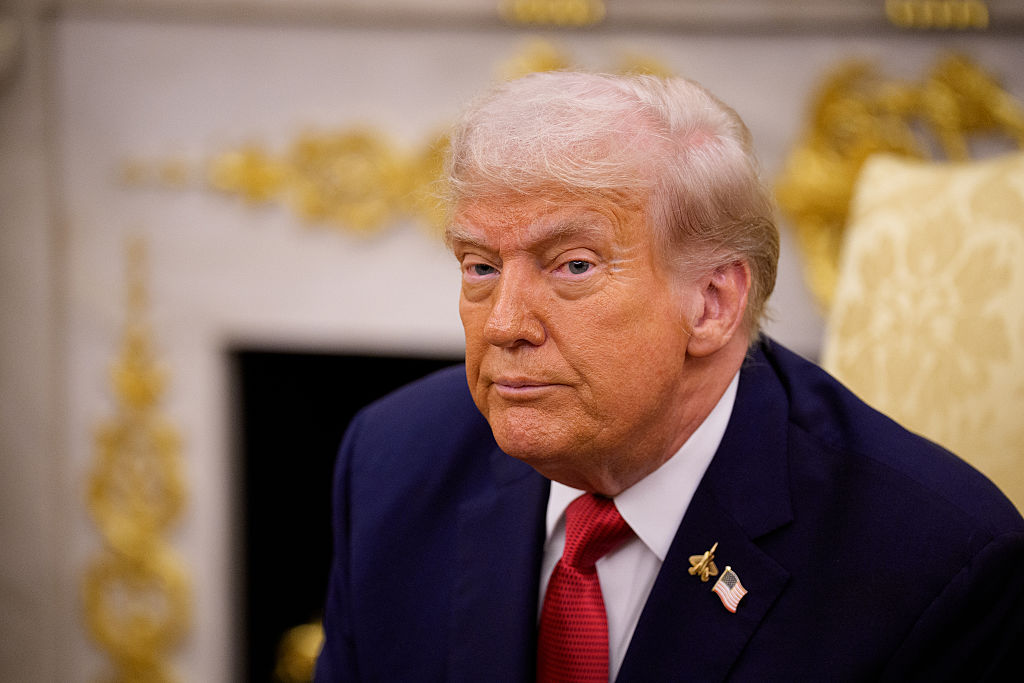
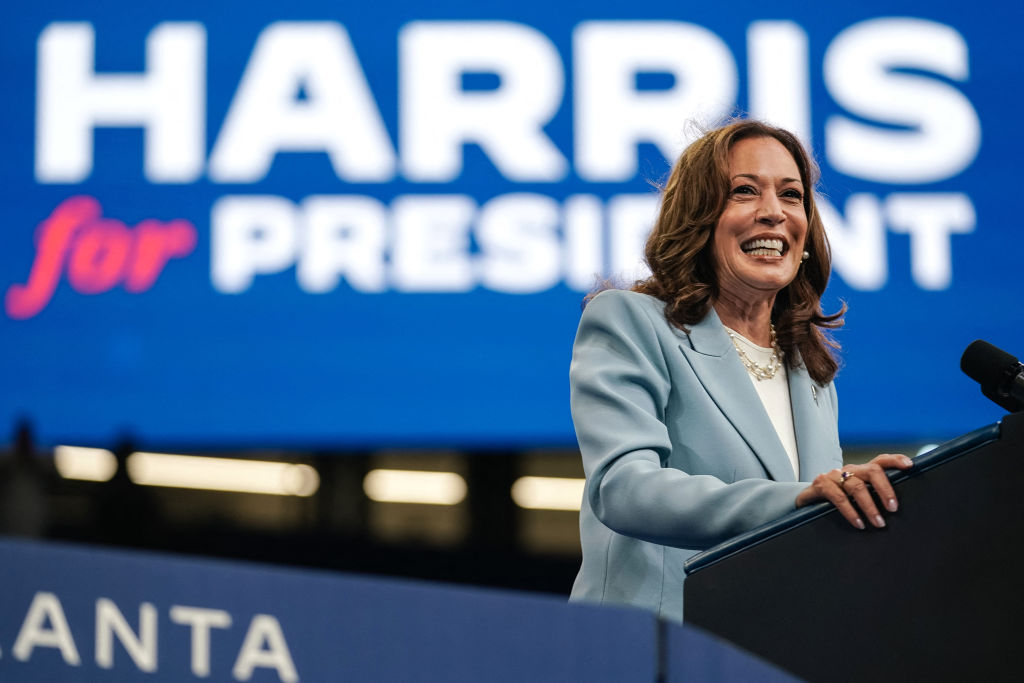


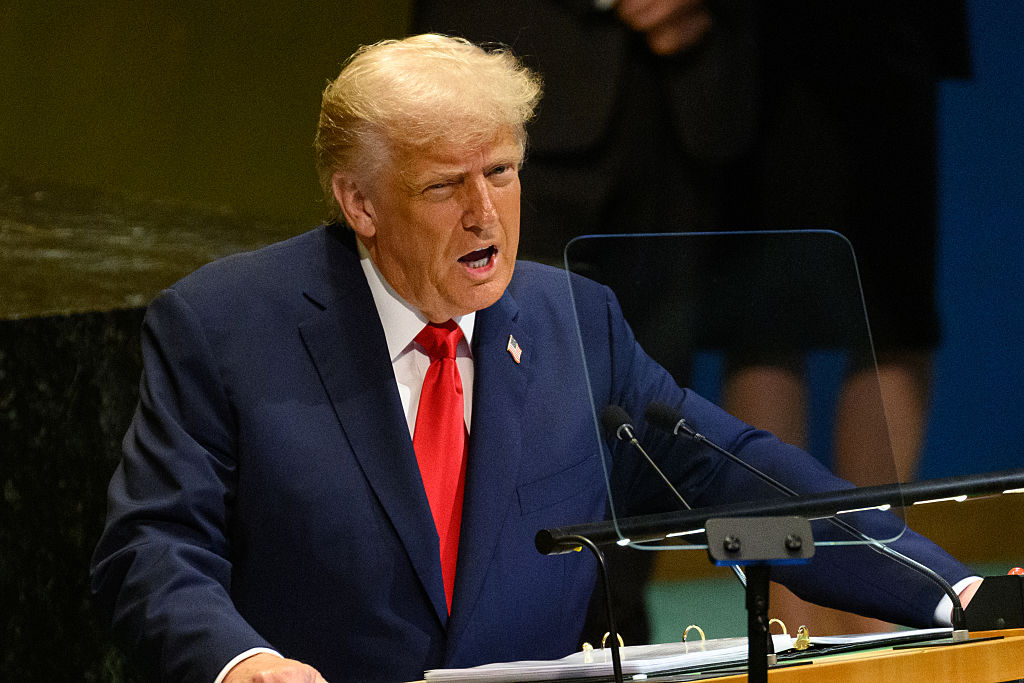
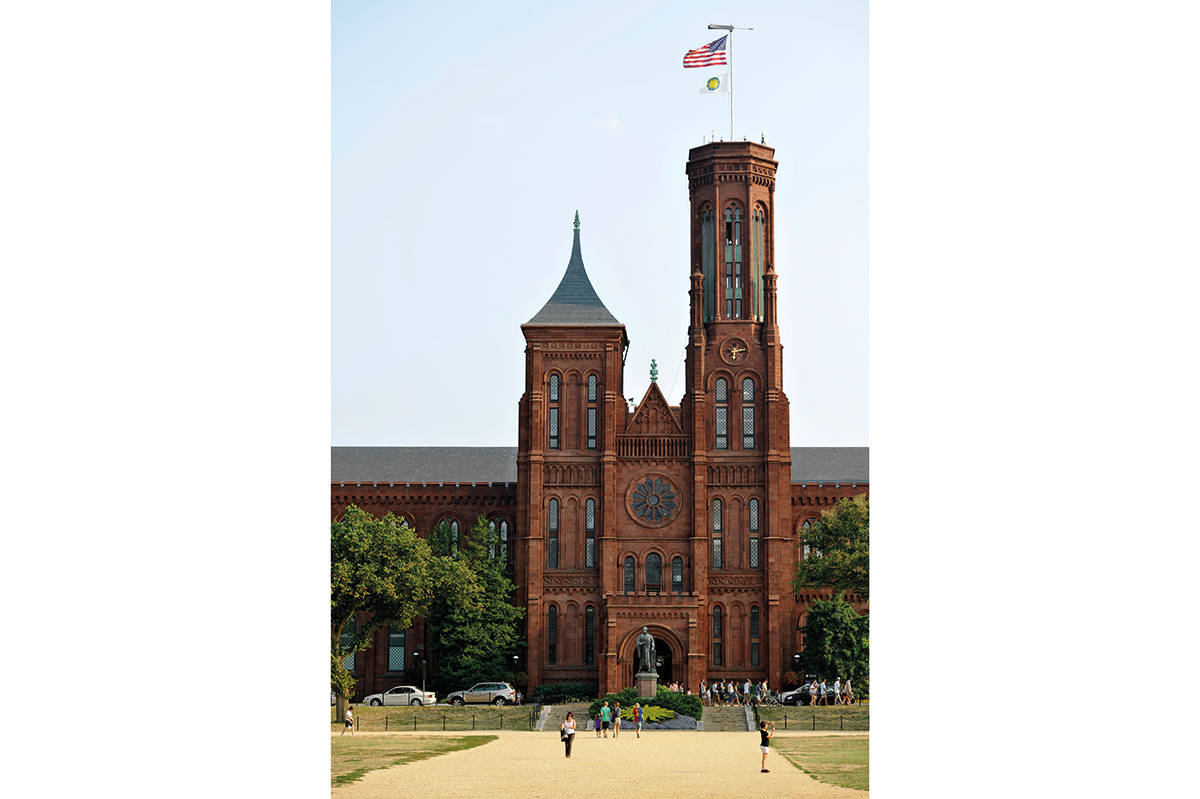







Leave a Reply